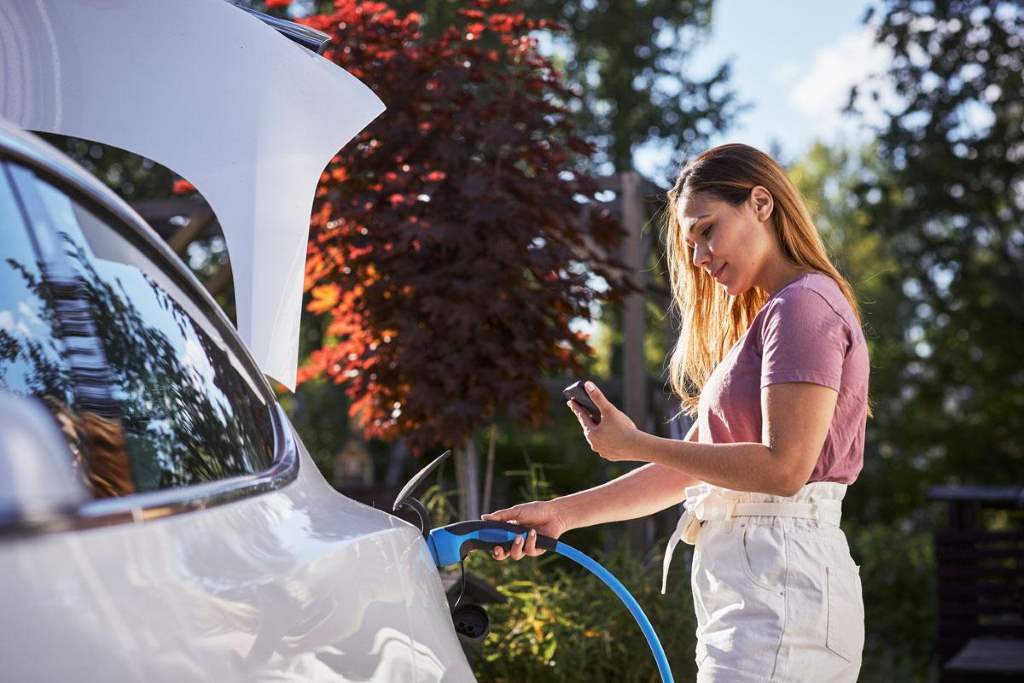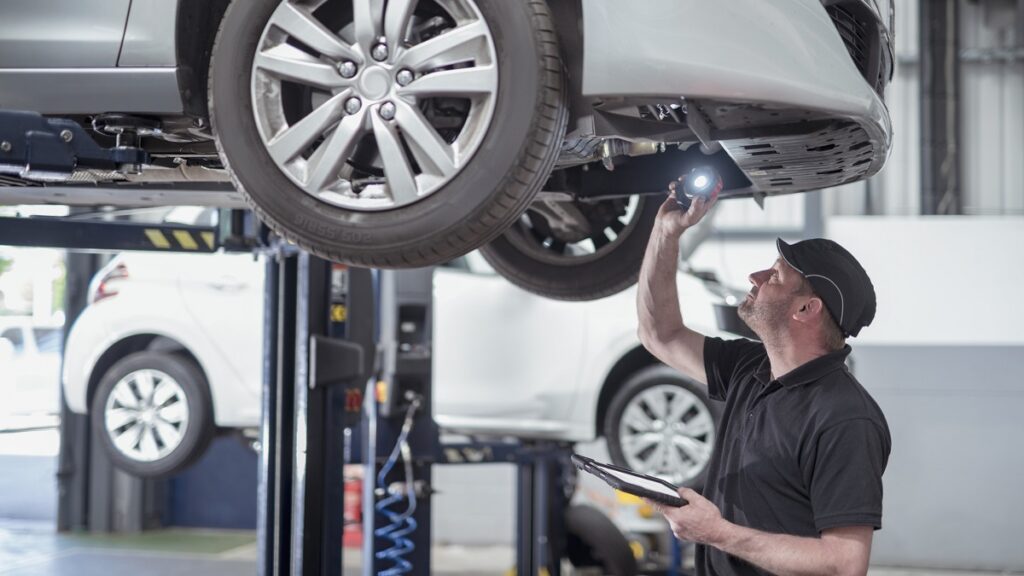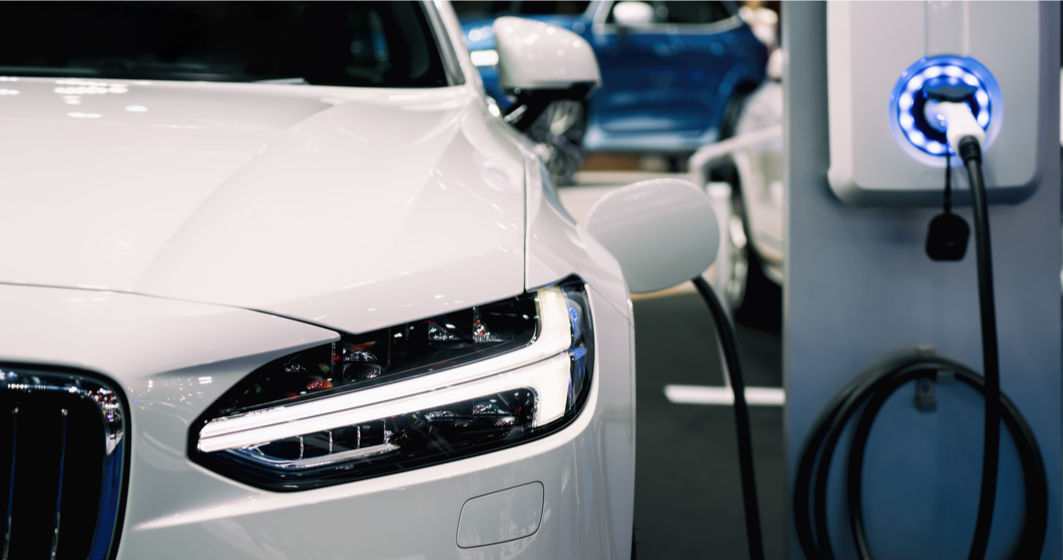Before saying goodbye to gas stations, get to know the hidden costs of owning an electric car to be well-prepared with the new driving directions!
At a time when gas prices are skyrocketing and electric car (EV) charging fees are heavily discounted by manufacturers, buying an EV is probably an obvious choice. But the economics of EVs is a complicated story, and you need to understand a lot of unfamiliar issues before you decide to say goodbye to gas stations.
Contents
Buy a new electric car
To drive an EV, you have to buy the car first, and it’s not cheap. Even if you’re selling your existing gas-powered car, you’re likely to have to shell out at least $10,000 more. This decision will take many years to break even, even if you just buy a super cheap EV, live in a place where electricity prices are low, and always charge your car at home. Too many “ifs” make buying an electric car hard to see as an economical option.
In reality, many people buy hybrids or other fuel-efficient vehicles at a much higher net cost than they could save from buying fuel when using them.
Sure, an all-electric car will save you a lot more energy than a hybrid, but its initial purchase price, along with insurance and repair fees, can cause all relevant economic problems to yield less positive results. On the other hand, traditional gas cars often come with a lot of petty maintenance fees that EVs don’t, like changing oil or brakes.
Many people even give the reason to buy an EV to protect the environment. This is beyond the scope of the article, but you may think about ways to protect the environment much more effectively than pouring money into electric cars.
Resale value
Price drop happens with any vehicle you buy, and is a very important factor to consider for electric vehicles. The value of new car will always go downhill once you’ve brought it home, resulting in a per-kilometer fee that is typically higher for EVs due to the cost of sales. And that was not cheap plus the rate of price declined faster than traditional cars.
For example, Subaru, though not famous for its electric vehicles, has an average resale value of 66% of its new price after five years of use. Assuming a brand-new Subaru costs $35,000, that price drop will cost you $11,500 in the first five years, or $6,3 a day.
Meanwhile, a Tesla with a higher average price will retain 58% of its value after 5 years (this is why Tesla ranks 3rd on the list of luxury car brands). That is, if you buy a Model 3 for $60,000, you will have to accept a “loss” of $25,000 for the first 5 years or $13.8 per day.
In the end, most people know that the moment you drive a new car out of the lot, it loses its value. That loss is also amplified when it comes to electric cars. Here are some reasons why EVs depreciate throughout the years:
- New electric cars come with more than $7,000 tax credit (with certain limitations). For example, once that tax credit is canceled, the value of a car can plummet as much as 60% when a three-year lease expires.
- Electric vehicles lose up to 20% of their maximum range after 5 years.
- Electric car technology is still new and evolving rapidly. Like the latest smartphone compared to a three-year-old model, newer EV models will be much more appealing to shoppers than older models, especially as battery technology improves.

Battery replacement
Another form of depreciation that only occurs with EVs is that after a period of use, the battery must be replaced. Unlike a traditional car, with a non-replaceable engine, the EV battery must be replaced when the vehicle is operating up to a certain point and can no longer maintain the original distance. Battery replacement costs vary by vehicle, but the average estimate is about $10,000.
However, this number is only estimated, because very few EV models have a long enough operating time to cause the battery to degrade to the replacing point, and the market for spare batteries is crowded not enough as the traditional car parts market.
Overall, unlike standard car batteries, electric car batteries are not cheap. They work well for 100,000 miles but come with a hefty $10,000 to $20,000 price tag. In addition, electric vehicle battery technology improves over the next few years, and their prices are likely to drop. But if you’re looking to increase mileage, you should consider how you’ll pay for a new battery. Certain conditions can cause an electric car battery to degrade faster.
For example, using super-fast DC charging will reduce the life of the battery. Kia also notes that fast charging causes a 10% decline in battery life over 8 years.
Also, for EVs that are bought and sold again and again, we don’t know who will take responsibility for the battery replacement. If you buy an used electric vehicle, expect that you could be the owner who have to spend your own money to replace the car’s battery once its mileage drops, thereby making the car’s depreciation problem even more difficult.
Registration fee/gasoline tax
The gas tax, which is levied at the pump in some states when refueling a gasoline-powered vehicle, is used to help pay for road repairs. Because electric vehicles don’t use gasoline, states impose an additional registration fee of about $50 to $200 for electric vehicles. Currently, Georgia has some of the highest electric vehicle fees, but check out the full list of states and electric vehicle registration fees for more information.
Most car insurance companies charge higher fees for electric cars because repairing and replacing them is more expensive and fewer repair shops have staff trained in EVs. As a result, you’ll pay between 5 and 20 percent more for electric car insurance than you would for a gas-powered car.
Charging stations on the road
While it’s certainly cheaper to charge an electric car than it is to pay for gas, your actual savings will be significantly lower if you charge it on the road instead of at home. Public charging facilities vary widely in price, with some claiming for minutes of charge and others by kWh of electricity used. While DC fast chargers can go 100 miles in 10 minutes, they are also the most expensive public charging option. However, convenience and charging time are also factors to consider.
Home charged source
While this is by far the cheapest method of charging, home electric car charging also has its downsides. It may be cheaper to charge the EV with a Level 1 charger that uses a standard 120-volt outlet, but this option is not practical if you drive daily as this type of charging can take 24 to 36 hours in cold climates. This means that everyday commuters need to have a more expensive Level 2 electric car charger professionally installed for convenient overnight charging.
Electric vehicle chargers typically cost around $2500 for both charger and installation, and EV chargers have a lifespan of about ten years. If your home needs an electrical upgrade to accommodate a Level 2 charger, you’ll have to pay extra.
Loss of scope (battery performance)
As noted above, electric vehicle batteries degrade over time, so as your car ages, a fully charged battery will take you shorter distances than before. In addition, cold weather affects the performance of EV batteries.
Repair cost
Electric vehicles have much more complex electrical systems than traditional gasoline-powered vehicles. And these systems are often very expensive to repair or replace. Additionally, electric cars often have parts that are hard to find and replace, which can also increase the true cost of ownership of an EV.
On average, in a three-month time frame, it costs twice as much to repair an EV as it costs to repair a gas-powered car. Within a year, the cost of an EV service would still be more than double the cost of a regular vehicle repair. The average repair cost for an electric vehicle is around $300 per EV, while a gas-run vehicle with an internal combustion engine averages around $150.
Another important factor in electric vehicle repair costs and the true total cost of electric vehicle ownership is electric vehicle battery maintenance. Most other electric vehicles run on lithium-ion batteries. They are similar to your phone or laptop’s batteries, but are much larger. Lithium-ion batteries degrade over time, and the lifespan of electric vehicle batteries is typically 10-15 years.
Another hidden cost associated with owning an electric car is the cost of spare parts. Electric vehicles often have parts that are hard to find and replace, which can increase the cost of ownership.

Also, many auto repair shops have mechanics who are unfamiliar with electric cars for obvious reasons. This means it will take longer for mechanics to diagnose and then fix the problem with the EV, thus adding more dollar signs to your auto repair bill.
Buying An Electric Car Is Not Easy
As such, the cost of buying and using an electric vehicle is much higher and fluctuates depending on where you live, or how much you have to pay for electricity.
For example, in California, the average cost of living electricity is 18 cents/kWh, while in Idaho it is 8 cents/kWh, and in Hawaii is 28 cents/kWh. Moreover, the electricity bill is not always clear. Everyone knows there are times of the day when electricity prices will be lower than usual and don’t forget the associated taxes.
A quick comparison on the US Environmental Protection Agency website shows that the Tesla Model 3 Long Range consumes much less energy than the BMW 330i xDrive (gasoline car), making you assume that Tesla seems to be a great option if you want to save money. But a 2021 study by the Anderson Economic Group concludes that driving an electric car can be significantly more expensive than driving a traditional one.
Driving an electric car can be either less expensive, as expensive, or more expensive than driving a gas car. An electric car really allows you to reduce your travel expenses, except for longer trips. Switching to electric vehicles is inevitable for technological, political, and financial reasons, but what you need to know is whether the cost of using an electric vehicle is right for your situation and economic status. How you use electric vehicles will help the environment.
Are Electric Cars Worth Owning?
At present, confirming the answer to this question is too difficult because there are too few electric vehicles on the street. While electric vehicles have made inroads in the local auto industry quite clearly, there is still too much work ahead to consider. When the time is right, electric cars will certainly become cheaper than petrol and diesel cars for users to own.
Conclusion
We have just scrolled through some information about the hidden costs of owning an electric car with our above article. We hope to see you again with more insightful car maintenance tips!



